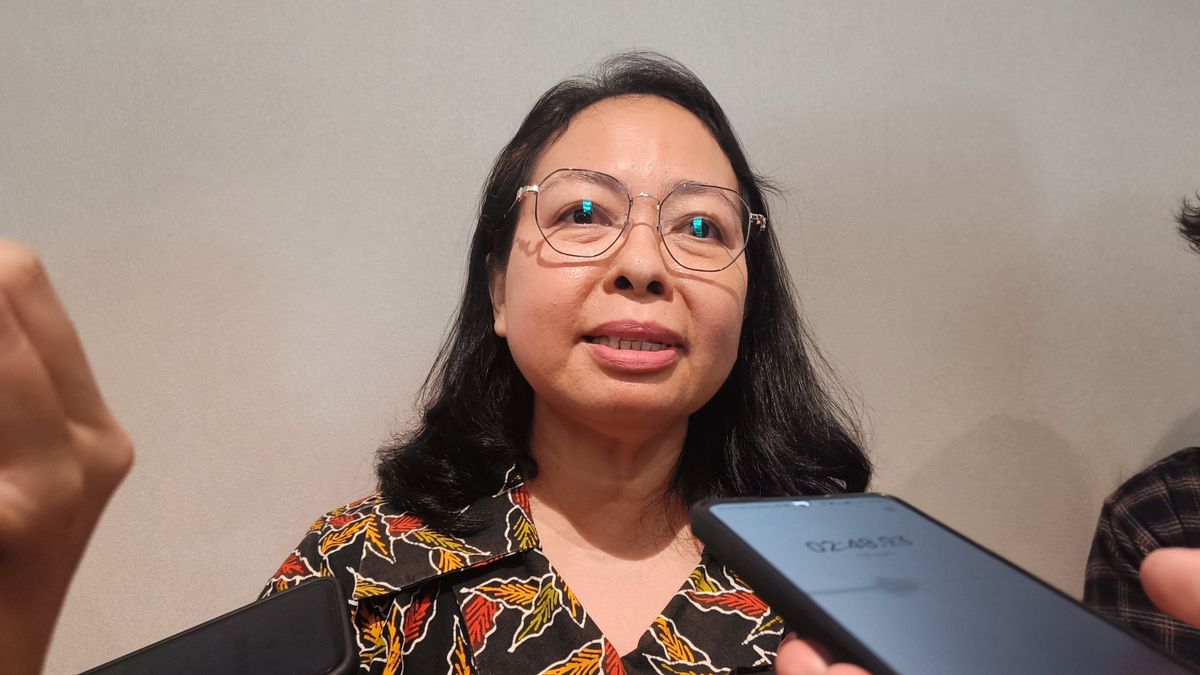JAKARTA - The Ministry of Industry (Kemenperin) said that the boycott of pro-Israel products had quite an effect on the performance of the food and beverage industry (Mamin) in the country.
Director of the Beverage, Tobacco Products and Refreshment Industry of the Directorate General of Agro Industry at the Ministry of Industry, Merrijantij Punguan Pintaria, admitted that this helped reduce the performance of the Mamin industry, which is still recovering after the pandemic in 2020.
"(This) has had quite an impact. This has reduced our industrial performance," said Merrijantij when met at the Asrim Press Conference agenda entitled "Ministry Industry Performance in 2023 and Opportunities and Challenges in 2024" at the Mercure Hotel, Jakarta, Wednesday, March 13.
Merrijantij said that currently the Mamin industry is still trying to survive in the midst of this condition, by not dismissing employees.
"Our (Mamin) industry is still trying to survive not to lay off its employees. However, on the one hand, if this goes on longer, there is a possibility that the industry will lay off its employees," he said.
Therefore, he hopes that the boycott will end soon. Thus, the performance of the Mamin industry will not be disrupted and can increase in 2024.
"So, the hope is that this boycott will be because those who work in these industrial sectors are our brothers and sisters, Satana Air, it can decrease in the future. So, it does not force the industry to lay off its employees," he said.
Even so, Merrijantij has not been able to reveal how much the industry's performance has decreased.
As previously reported, the Association of Indonesian Shopping Center Retailers and Tenants (Hippindo) hopes that the boycott of pro-Israel products will end soon.
Chairman of Hippindo Budihardjo Iduansjah said the boycott would only harm the domestic industry because all foreign brands were produced using local raw materials.
"There is no more boycott, it is detrimental to our own nation. Whether it is a foreign brand if it is made in Indonesia, it becomes a government program and we must support it. (The factory) Coca-Cola has been made in Bekasi, KFC, all livestock is here," said Budi at the office of the Kemenkop UKM, Jakarta, Tuesday, March 5.
SEE ALSO:
He regretted that the boycott was still continuing considering that many parties were affected by the action.
"We regret that the business world cannot, especially in Indonesia, there are many regulations that have been invested. So, sorry for the livestock and others that have been affected," he said.
The boycott has harmed the sustainability of the business industry in Indonesia.
The English, Chinese, Japanese, Arabic, and French versions are automatically generated by the AI. So there may still be inaccuracies in translating, please always see Indonesian as our main language. (system supported by DigitalSiber.id)
















